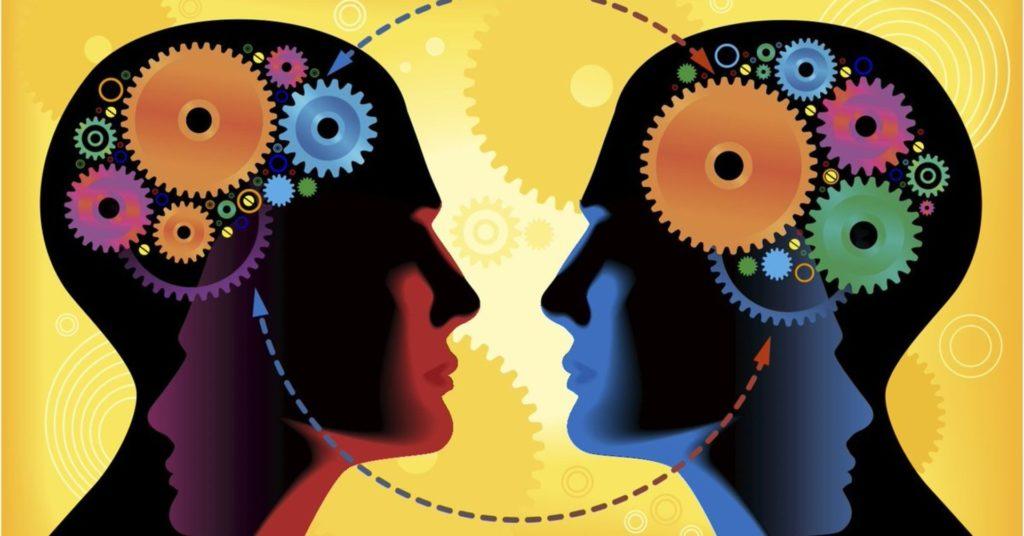What is Behavioural Economics?
In economics, it is assumed that the consumer is rational and they have all the information. Now, what does it mean once you assume the consumer is rational?
Rationality is the ability to use logical thought rather than emotions to make decisions. In economics, we have a better term for such a person i.e., ‘homo economicus’, which means a person who behaves in accordance with their rational self-interest.
Again it is assumed that a person will try to maximise their utility as a consumer and economic profit as a producer.
The real question is: Are consumers or producers rational as assumed by the economics, or are their decisions driven by their emotions and certain prejudices?
Let me explain this by giving you a small example. Suppose you want to buy a shirt; you go to an apparel store, check the shirt and before going to the counter to pay for the shirt, the salesman tells you, “Sir, if you buy one more shirt, you will get one free”. You give it a thought and then you buy one more shirt and end up getting three.
As soon as you hear the word free you start doing the quick internal cost-benefit analysis, weighing potential satisfaction against the price. The word free not only decreases the cost but makes us believe that the benefits of the free item are higher.
And as a result of this, you fall victim to the zero price effect, a phenomenon whereby people demand a good service or commodity significantly greater at a price exactly zero compared to the price even slightly greater than zero means people tend to choose a product if it includes a free element even though it has little inherent value.
The moment something involves ‘free’, we get overly excited and we no longer think rationally. Retailers and shopkeepers are very well aware of this and for more than a century, they have been taking advantage of your lunacy by enlisting promotions known as the ‘Buy One, Get One Free!’ (BOGO).
What is BOGO-nomics?
BOGO-nomics, also known as Buy One, Get One economics, refers to a marketing strategy where a business offers customers the opportunity to purchase one product and receive a second product for free or at a discounted price. This strategy is often used to increase sales, attract new customers, and move excess inventory.
These BOGO-nomics often aren’t as good as they seem. Though BOGO makes sense if you are buying something you will eventually use, for example, bathing soap, BOGO is applied to goods like perishable food or clothing. The ‘law of diminishing marginal utility’ is often forgotten whenever we encounter the BOGO.
For example, you go to the pizza parlour and you get two for one pizza deal. For instance, the first slice will give you tremendous joy. The second slice will give you a little less joy. By the time you finish the first one you will be bloated and the benefits of eating the second pizza will dramatically decline. You either pack that pizza or leave it there.
Many studies have shown that consumers who buy two of something when the word ‘free’ is involved, even when they only need one, the second item often ends up in the trash.
In our daily life, we behave irrationally many times, knowing or unknowingly and when we incur losses, we blame others.
Often we forget that we are taking irrational decisions and as a result of those irrational decisions, we are running into losses. Behavioural economics studies this thoughtless behaviour and tries to answer why people do things or take irrational decisions. Behavioural economics combines the elements of economics and psychology to understand why people behave the way they behave in the real world.
Behavioural economics studies cognitive biases, heuristics, herd mentality and bounded rationality.
Read More:
The Psychology of Sleep: The Stages, Sleep Paralysis and Sleep Disorders
General Psychology VS Social Psychology






3 Responses
Utterly indited content material, thanks for selective information.
I am no longer sure where you are getting your info, however good
topic. I must spend some time studying more or understanding more.
Thank you for magnificent information I was looking for this info for my mission.
Hello, constantly i used to check weblog posts here early in the daylight, because i love to find out more and more.